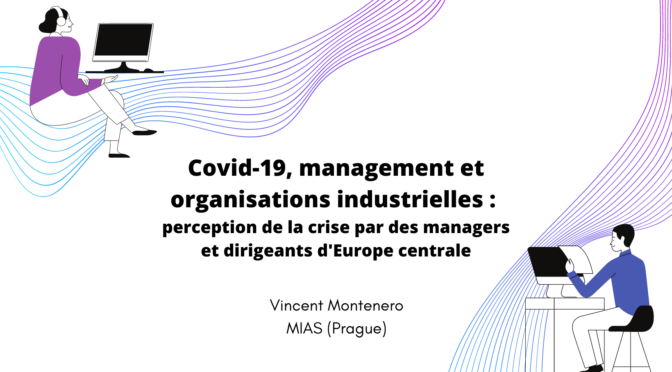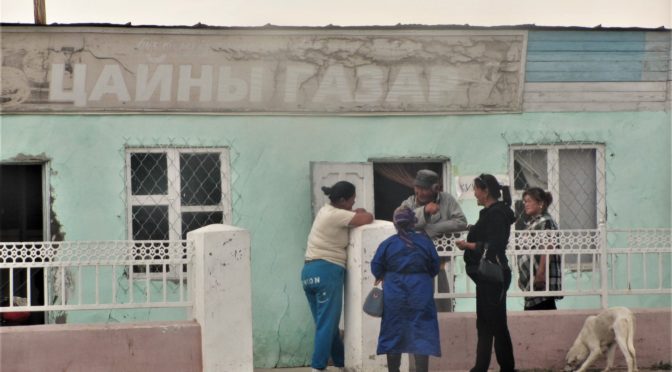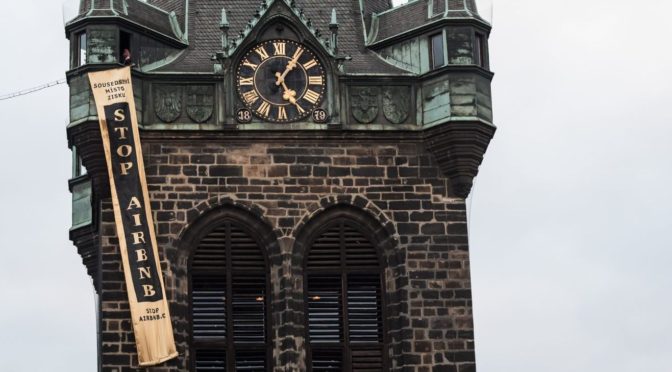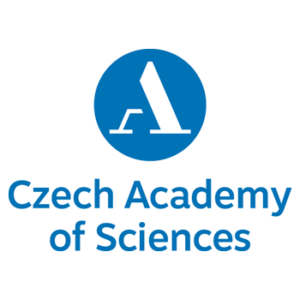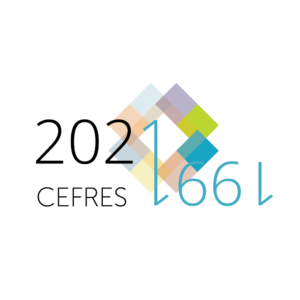CEFRES vás zve na mezinárodní panelovou diskuzi organizovanou na téma:
Co nám říká sanitární krize o rozvoji podniků a organizaci práce.
Datum: Čtvrtek 25. března 2021, v 17h30
Kde: Online (Zoom, odkaz níže)
Jazyk: Angličtina
Organizována:
Vincentem Montenero, PhD v oblasti managementu, CEFRES / MIAS-CVUT
S účastní těchto expertů:
Cristina Cazorzi, PhD v oblasti managementu, EMEA Dispute Manager, Whirlpool
Daniel Prokop, PhD v oboru sociologie, ředitel výzkumného institutu PAQ Research
Julie Landour, PhD v oboru sociologie, profesor na univerzitě Paris-Dauphine
Jean-François Chanlat, PhD v oboru sociologii, profesor na univerzitě Paris-Dauphine
Pandemie se hluboce dotkla řízení podniků a vztahů na pracovišti. Po určitě době vynaložené na přizpůsobení se situace většina podniků zavedla kroky, které jim pomohly odpovědět na požadavky klientů. Podle mnohých manažerů tato výjimečné situace jen zrychlila tendence, které již existovaly, jak bylo možné vidět s rychle vzrůstajícím počtu zaměstnanců, kteří začali pracovat z domova. Krize byla také výzvou, na kterou bylo potřeba reagovat potřebnými změnami: být rychlejší, zamyslet se nad počtem pracovním cest, změnit metody řízení organizací, zlepšit integraci nových zaměstnanců.
Mnohé otázky se nabízejí:
- Co zůstane z těchto změn týkajících se funkce společností po krizi?
- Jak se na tyto změny zaměstnanci adaptují?
- Jaké jsou důsledky krize co se týče sociálních vazeb na pracovišti, psychosociálních problémů, rozdělení zaměstnanců a špatné integrace nových zaměstnanců?
Za účelem najít odpovědi na tyto otázky se shromáždí francouzští a čeští experti a budou diskutovat o datech týkajících se podniků a profesních vztahů, současných i budoucích,
Událost na Facebooku: https://fb.me/e/DwO2jTlW
Pro vstup na online konferenci klikněte prosím tento odkaz: https://us02web.zoom.us/j/84711376944

